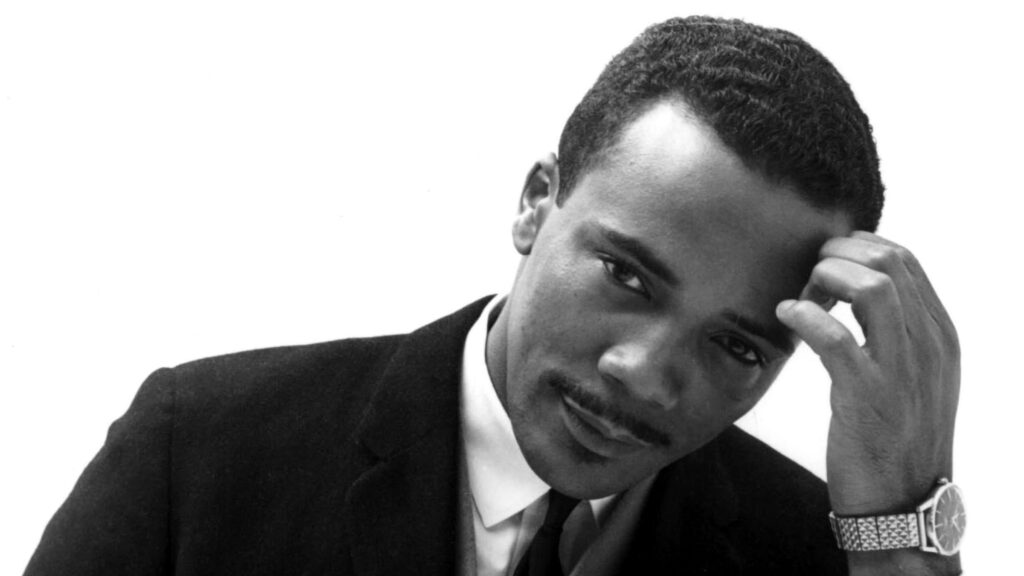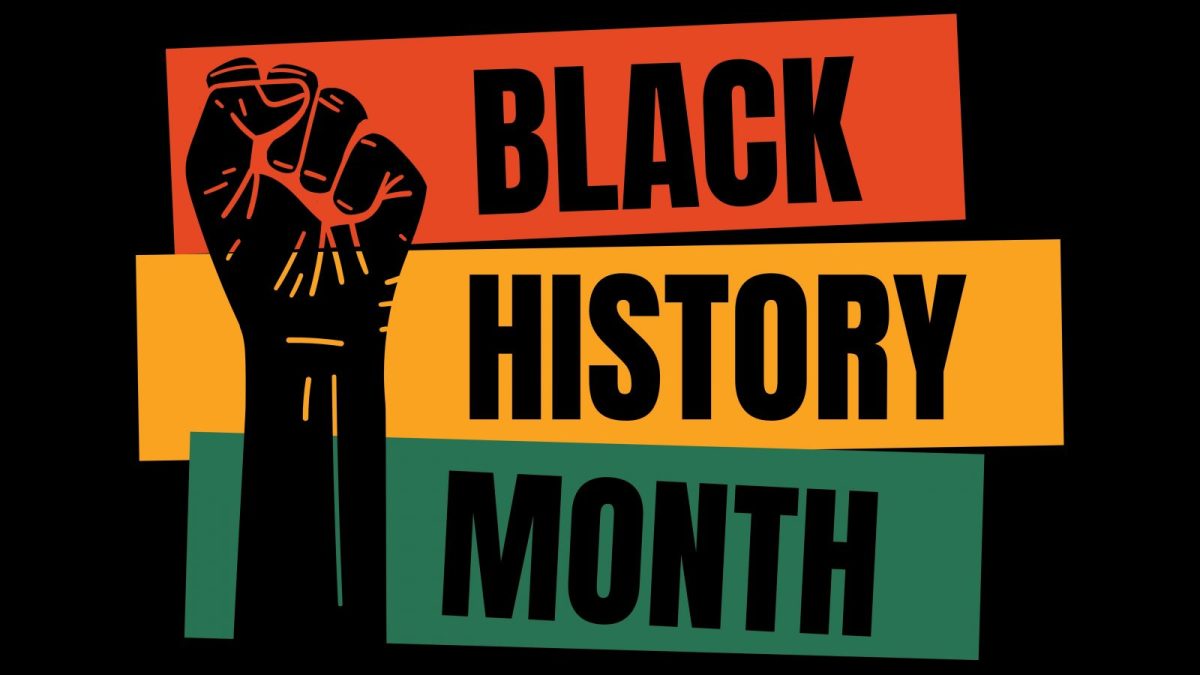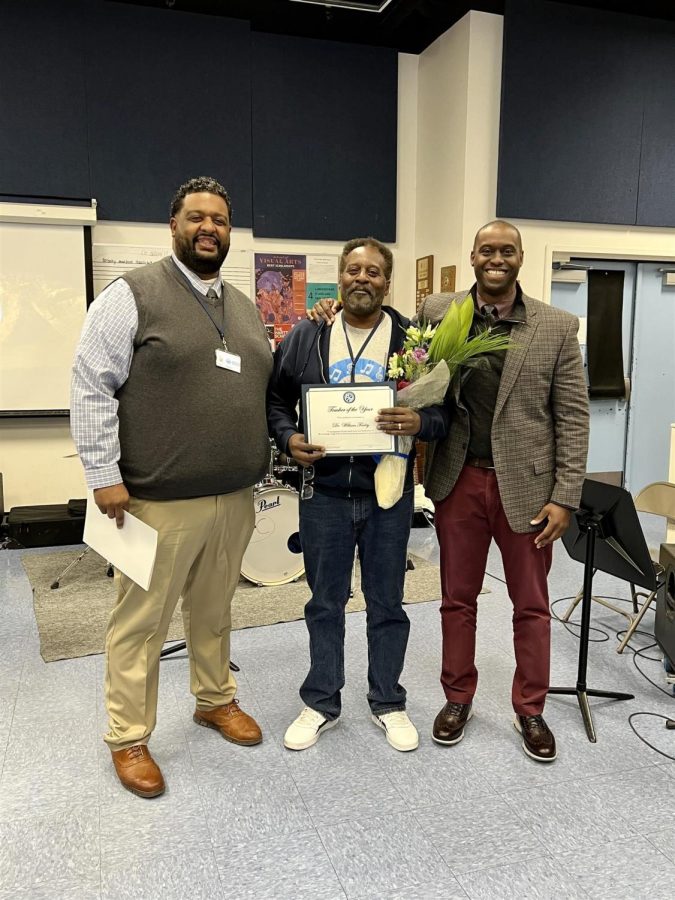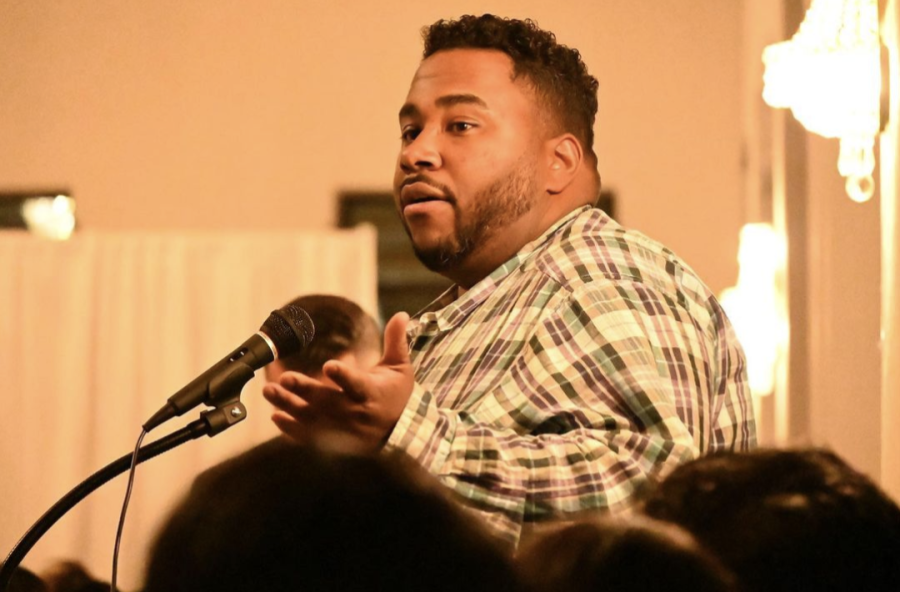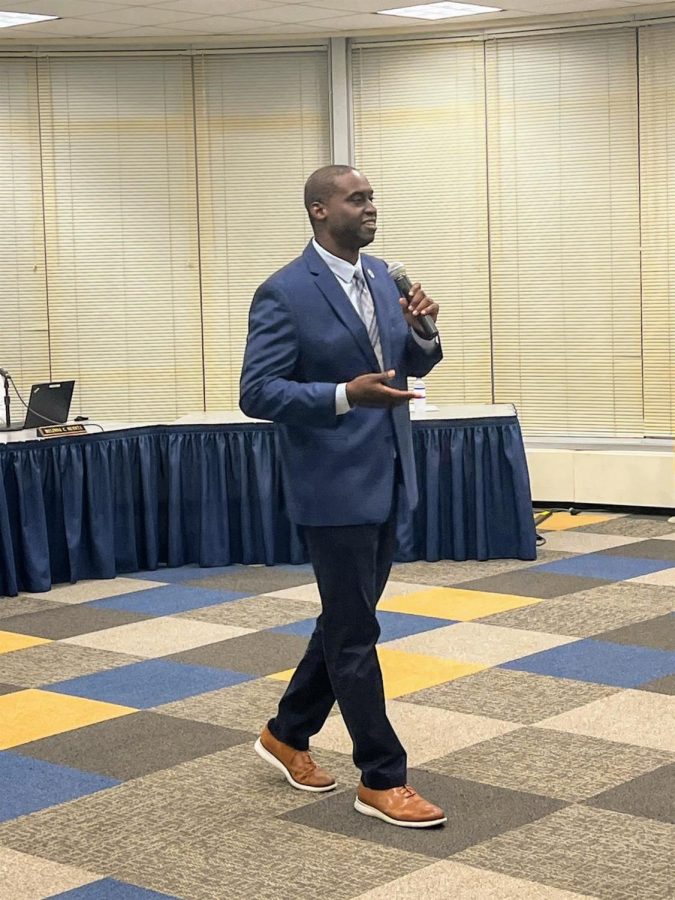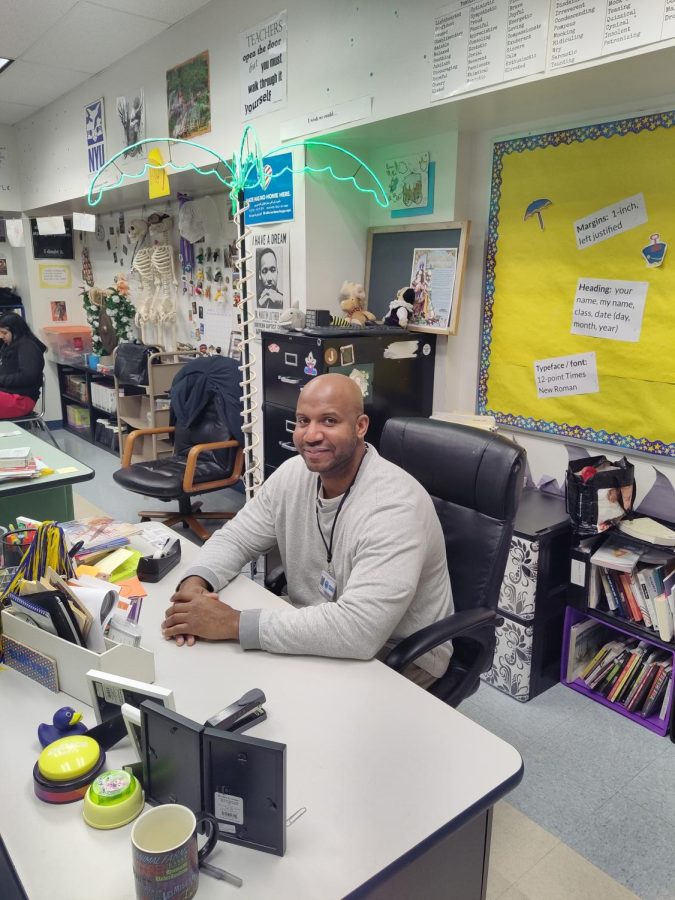May 21st will seem like a normal day for some, yet for Dana Peart, known by her students as Dr. Peart, this day will signify the conclusion of the greatest feat she has taken on. That is the day she will walk across a balloon-lined stage, accept a hood over her head, a hand to shake, and a diploma recognizing her as a graduate.
Dr. Peart describes her job as a French teacher as the best job in the world emphasizing her love for the profession. Dr. Peart specifically appreciates working in the world language department because of the ability to spread cultural awareness. “We are able to teach the students to appreciate differences,” she says.
Working with students and changing lives was why she decided to become a teacher in addition to the casual work environment where she is free to express herself and enrich her students in the world of French.
However, she noticed the pandemic caused students to suffer which brought on a tough aspect of her job that she had not faced previously. Students picked up bad habits such as constantly being on the phone or distracting themselves from their work. She also expressed how teachers have had to “…reteach and reinforce basic skills that were lost as a result of the pandemic.” Yet she notes there has been visible progress.
So far, her degrees are a Bachelor of Arts in French from Spelman College, a Master of Arts in French from Middlebury College, a Masters of Education from St. Peter’s University, and this Spring she will officially receive her doctoral degree in Educational Leadership from Caldwell University.
The doctoral study process was not an easy one, but when asked if she saw herself completing the program she responded with a confident “Absolutely.” During the start of her coursework, she never took time off despite the challenges which presented themselves. Her first study was interrupted because of a spinal surgery that left her home for 5 months; yet, she still worked consistently throughout recovery, eventually having to abandon it.
After starting another study, three weeks before the COVID-19 shut down, she was forced to stop yet again. When trying to conduct a third study, teacher participation was minimal due to COVID exhaust, something she “…completely understood because I felt the same way myself.”
Desperate for a new study, she realized that a COVID-proof study was needed, but that would not be possible in West Orange. So, she and her committee landed on a follow-up to the Rand Study in Pittsburgh. “That was the winner,” she explained. “The whole process took 7 years.”
While collecting data, Dr. Peart found limited participation. Of 1,336 people, 31 were involved in the process which was only 2.3%. Due to this lack of evidence, her research was deemed not statistically significant and rather considered ‘teacher perceptions’, unable to prove or disprove anything. Even so, she remains hopeful that the information she found “…will be valuable to researcher’s out there.”
Balancing life, work, and school at times was challenging, but she was able to work out a schedule and prioritized time management as an important factor for success. She explained that she had dedicated time to work as a student and dedicated time to work as a teacher.
She provided a step-by-step explanation of the defense. After completing five chapters she had to reduce all the information she found into a 30-minute slideshow that she would present to an audience of peers. She explained that she had reviewed it so many times she knew the material backward and forwards. She was told, “When you get sick of it you know you’re ready to defend,” and that knowing the information so well kept her calm. At the end of the presentation, she was asked on-the-spot questions that prompted a discussion which lasted an additional 30 minutes. These were completely random and she had no insight into what they would be. That day was “…so serious I put on makeup for the first time in three years,” said Dr. Peart.
Dr. Peart defended her thesis in January and passed with minor revisions, the highest outcome a person could receive. They shared the news with her on the spot. She described how they told her, quoting the committee member who said, “I feel like I’m at a wedding, I’d like to present for the first time ever Dr. Dana Peart”, the first time she was recognized as a doctor. When recalling how she felt after she said, “I was just over the moon, it was literally the happiest day of my life.”
In the future, Dr. Peart hopes to become a dean. Four years ago she interned in the dean’s office for Dr. Chung and struck passion in “…the fact that I was able to participate in something that dealt with discipline because that’s my area of interest,” and that she was “…able to have direct contact with students.”
Many of her main motivators were her students. When starting the process she was told to tell them what she was working on so she would have an incentive which was not to tell them she was not able to continue or that she failed. For Dr. Peart, this would not have been a problem though because “In my adult life, I have never not finished something that I started,” and that she was a firm believer in that.
When sharing words of advice for those going after a doctorate she refers to her father, a doctor himself, and the way he was instrumental in her being so accomplished, a real role model. “He instilled discipline, he made sure I knew what discipline was and that I was disciplined, I was motivated to learn”, she remembers. He additionally showed her what a strong worth ethic and perseverance could grant a person, characteristics that she embodied in her brave choice to complete the doctoral program.





































































